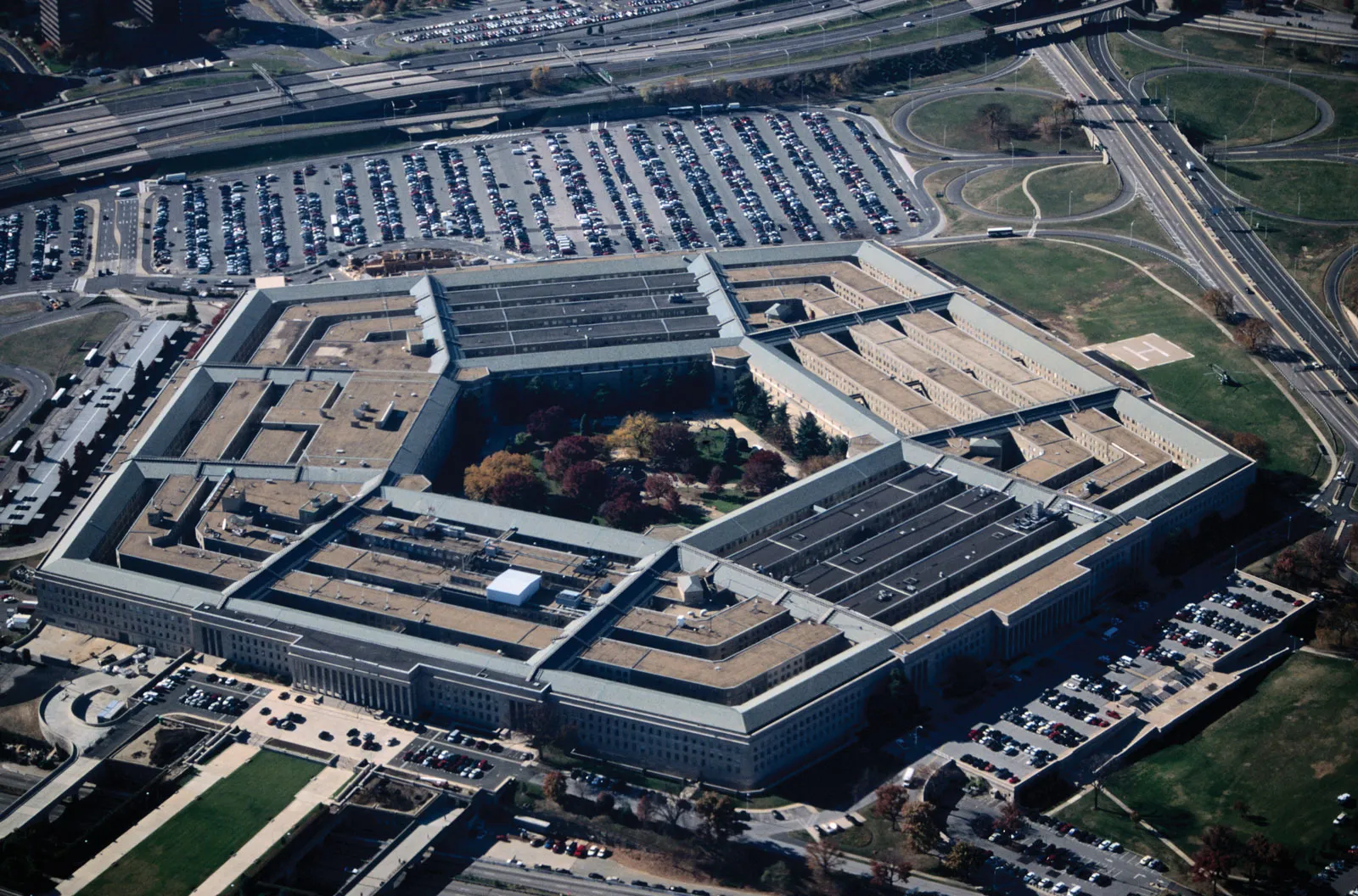Already a subscriber? Make sure to log into your account before viewing this content. You can access your account by hitting the “login” button on the top right corner. Still unable to see the content after signing in? Make sure your card on file is up-to-date.
The Pentagon has greenlit the deployment of up to 600 military and civilian attorneys to serve as temporary immigration judges in an effort to assist overwhelmed immigration courts.
Some shit you should know before you dig in: For decades, the US immigration court system has been overwhelmed with millions of cases. Currently, there are over 3 million active cases, resulting in many people waiting to adjudicatetheir cases taking years before they are heard. The courts are so overwhelmed that even routine matters are delayedindefinitely. This caseload has paralyzed the system, with both Republicans and Democrats acknowledging that the system is “broken.”

Getting into it: The Pentagon, at the request of the DOJ, is moving quickly to deploy 600 military and civilian attorneys to serve as temporary immigration judges. These attorneys will be assigned in waves of 150 and embedded directly into the immigration court system, with the first group expected to be identified and deployed within weeks. Their temporary appointments will last up to 179 days, but the terms can be renewed as needed.
The attorneys being sent are primarily Judge Advocate Generals (military lawyers trained to prosecute and defend service members under the Uniform Code of Military Justice). While they are experienced in military legal matters, most do not have backgrounds in immigration law, which is complex and governed by its own set of procedures and precedents.
Despite this, the Pentagon argues that the move is necessary to deal with the unprecedented caseload currently keeping the immigration court system in total gridlock. This has led to some criticism from those who argue that deploying military attorneys into immigration courts could compromise the fairness of rulings. They have also raised concerns that the Trump administration has terminated some immigration judges for “political reasons,” which they say has made the gridlock even worse.







